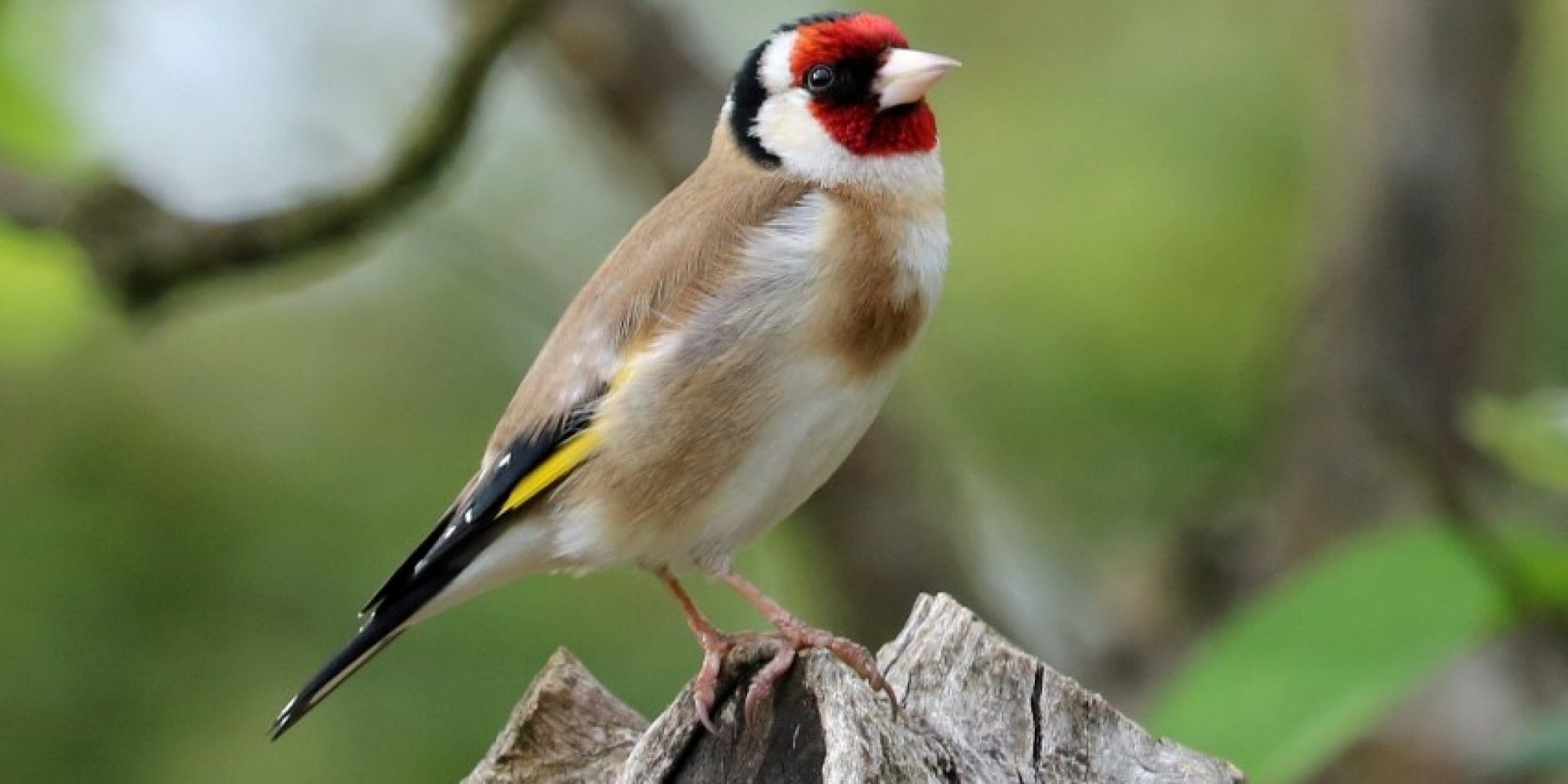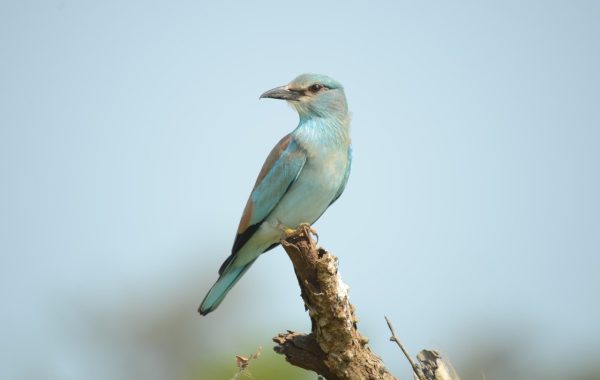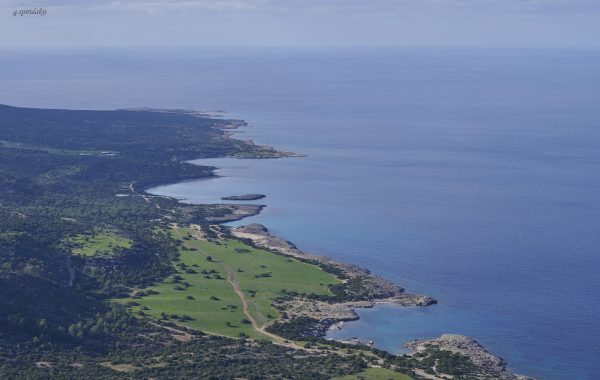‘Trapping under derogation’ using the argument of tradition is often heard in public discussions on the hot issue of illegal bird trapping (ambelopoulia) in Cyprus. The European Court of Justice has effectively closed the door on this widely used pro-trapping argument with its conviction of Malta for allowing the trapping of seven finch species under derogation. While the Directive allows derogations only under specific and strict conditions, tradition, however, is not one of them.
In 2014, Malta introduced a derogation in its legislation to allow the trapping of seven species of finches (Siskins, Goldfinches, Serins, Linnets, Greenfinches, Chaffinches and Hawfinches) during autumn with traditional “clap-nets”. An estimated 110,000 finches have been caught since then, along with other species as the method used was non-selective, just as the mist-nets and limesticks used in Cyprus. The derogation for finch trapping did not meet the criteria set out by the EU Birds Directive and therefore the European Commission referred Malta to Court.
The European Court of Justice – with its decision announced on 21 June – ruled that Malta did not meet its obligations as a Member State, for the following reasons:
- The condition of the Birds Directive according to which any hunting derogation must involve “small numbers”, was not met as Malta did not provide sufficient evidence of this.
- The method used (“clap-nets”) as the Maltese authorities themselves admitted, are non-selective and therefore there is “by-catch”, meaning many different species are caught. Any non-selective killing method is illegal under the Birds Directive.
- Malta did not prove that the derogation is under “strictly controlled conditions” as foreseen by the Directive. It was deemed insufficient that checks were only carried out for 23% of trappers who used “clap-nets” following the derogation given by the Maltese authorities.
This verdict, which Malta cannot appeal, is binding and the authorities are obliged to abide by its conclusions.
These developments highlight once more that derogations cannot be accepted on the grounds of “tradition”, or allow the use of non-selective trapping methods. BirdLife Cyprus welcomes this important decision of the European Court of Justice, a particularly positive and hopeful development for the protection of birds that confirms that the derogation for finch trapping was illegal and unsustainable. Moreover, BirdLife Cyprus supports BirdLife Malta in calling on the Maltese authorities to never again open the trapping season for finches and to comply with the decision of the European Court of Justice.




